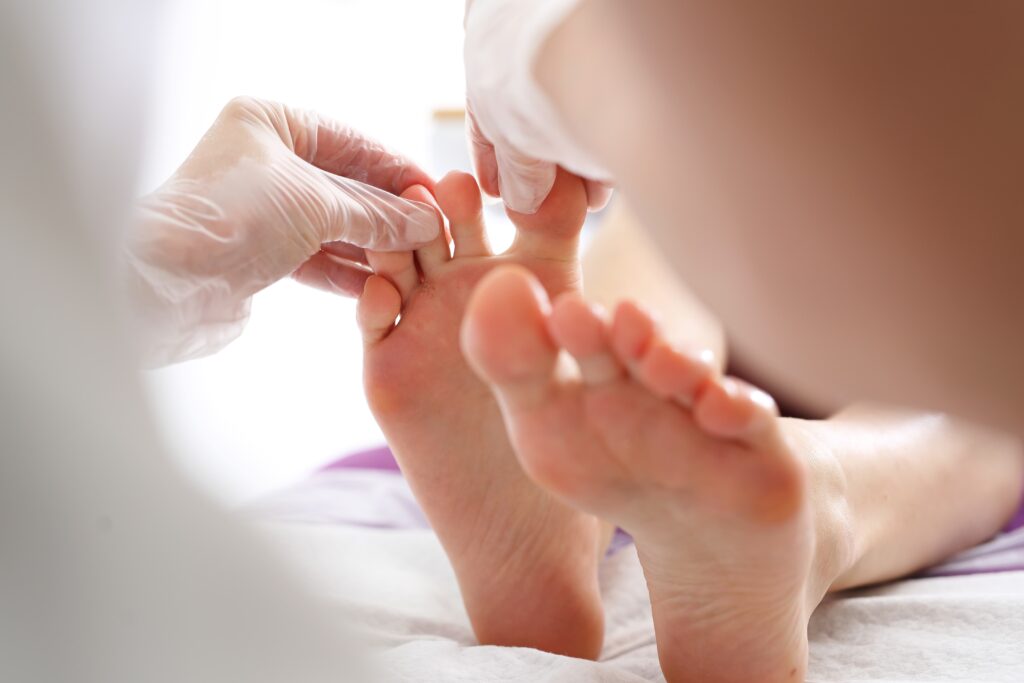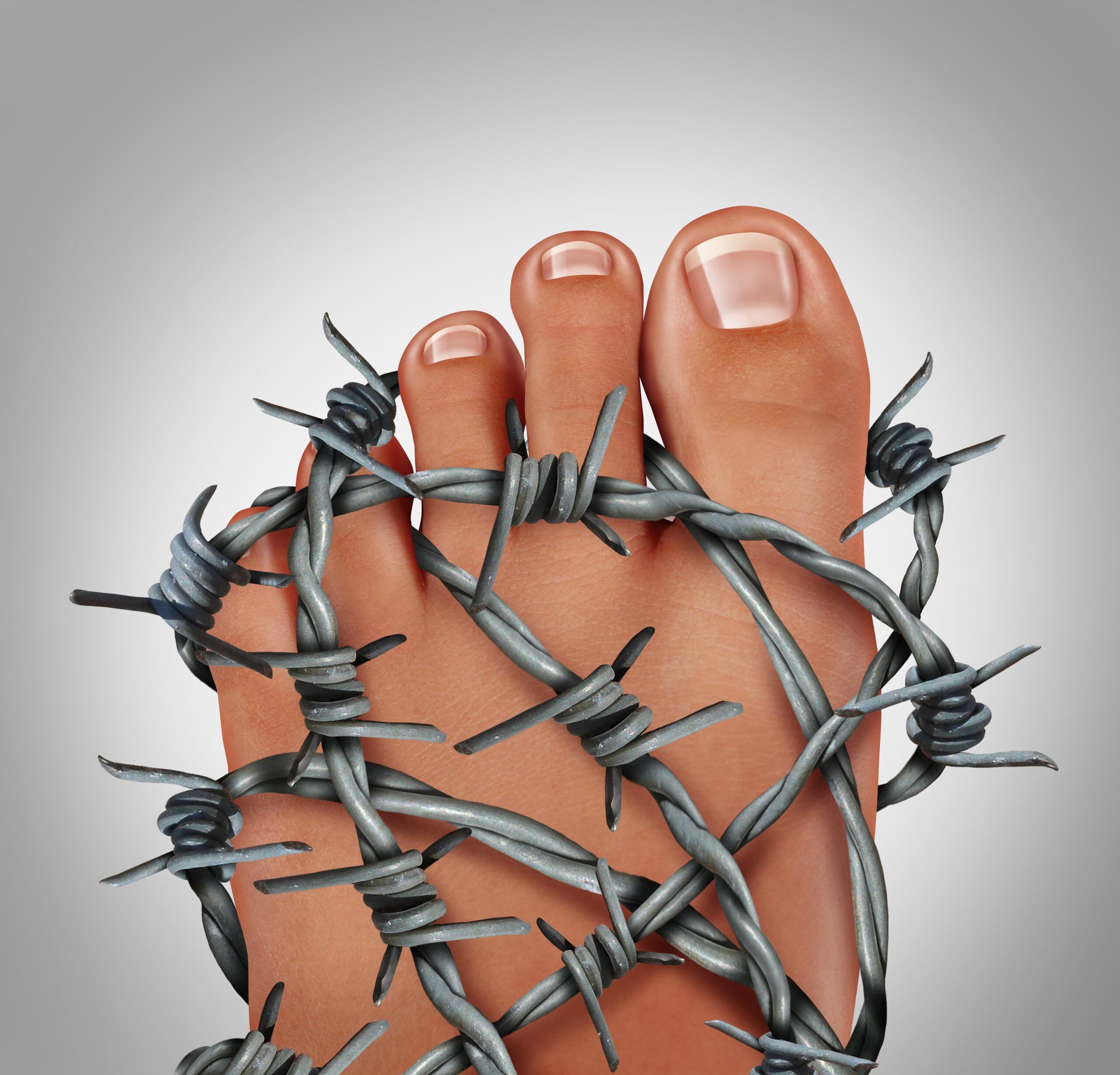Living With Type 2 Diabetes: Foot Care
When you have diabetes, caring for your feet is an important part of your daily regimen. Early identification and prevention of foot problems will keep you strong, healthy, and active for your whole life.
Your feet are vulnerable to some of the potential side effects of uncontrolled blood sugar. As many as half of people with diabetes experience nerve damage, and the feet are often the first place to be affected.
Living well with diabetes means caring for yourself each day and preventing long-term complications. Foot care is an essential piece of your wellness plan.
Blood Glucose and Your Feet
High blood glucose is the culprit when it comes to nerve damage from diabetes. Over time, excess glucose in the bloodstream can damage the small blood vessels that feed the nervous system. High glucose levels can also prevent nerves from sending signals properly.
When the nerves become damaged from excess blood glucose, it is called diabetic neuropathy. The most common type of diabetic neuropathy is peripheral neuropathy, meaning the damaged nerves are located in the arms and legs.
Your feet are particularly vulnerable. Left unchecked, peripheral neuropathy can cause:
- Numbness or tingling
- Foot pain
- Balance difficulties
- Loss of coordination
- Foot sores or ulcers
Preventing Nerve Damage in Your Feet
The number one thing you can do to care for your feet is to control your blood sugar. Following your diabetes care plan to keep your A1C in the target range will provide the best protection for your nerves.
Checking your blood sugar, taking your insulin and medications, eating well, and exercising are all critical for long-term foot health.
In addition, you need to give your feet some extra attention.

Essential Foot Care
Check Your Feet Daily
Neuropathy can cause loss of feeling in your feet. As a result, you may not notice if you get a sore or blister.
Check your feet carefully for any wounds or redness. If you develop a sore, it’s best to talk to your doctor right away regarding the best treatment. It’s easy for an infection to occur when you have neuropathy, so early intervention is key.
Pay Attention to Neuropathy Symptoms
Tell your doctor if you notice any of the following symptoms of neuropathy:
- Tingling or burning in your feet
- Inability to feel hot or cold
- Foot or leg pain
- Any change in the shape of your feet
- Thickened or yellowed toenails
- Sores, corns, or blisters
Follow Good Foot Hygiene Guidelines
While you probably take regular showers that include feet washing, a more comprehensive foot hygiene plan will provide the best protection.
- Wash your feet daily and dry them gently
- Lotion your feet but not between your toes
- Put on clean, dry socks each day
- Keep your toenails nicely trimmed and clean
- Wear well-fitting socks and shoes that do not leave deep imprints on your skin
Prevention is the Best Tool
The absolute best way to care for your feet is to stay in control of your diabetes. Working with an experienced care team will give you the tools you need to protect your feet and prevent future complications.
Managing your blood sugar can prevent neuropathy and keep you healthy and on your feet for life.



